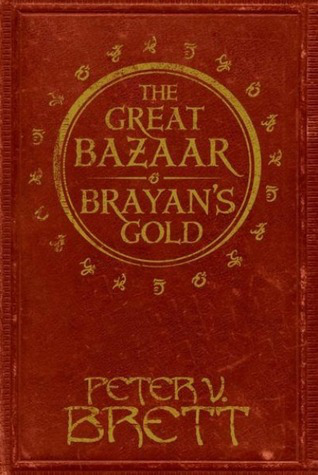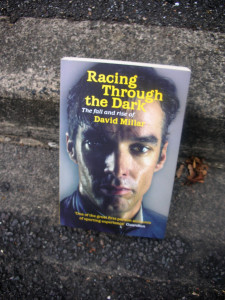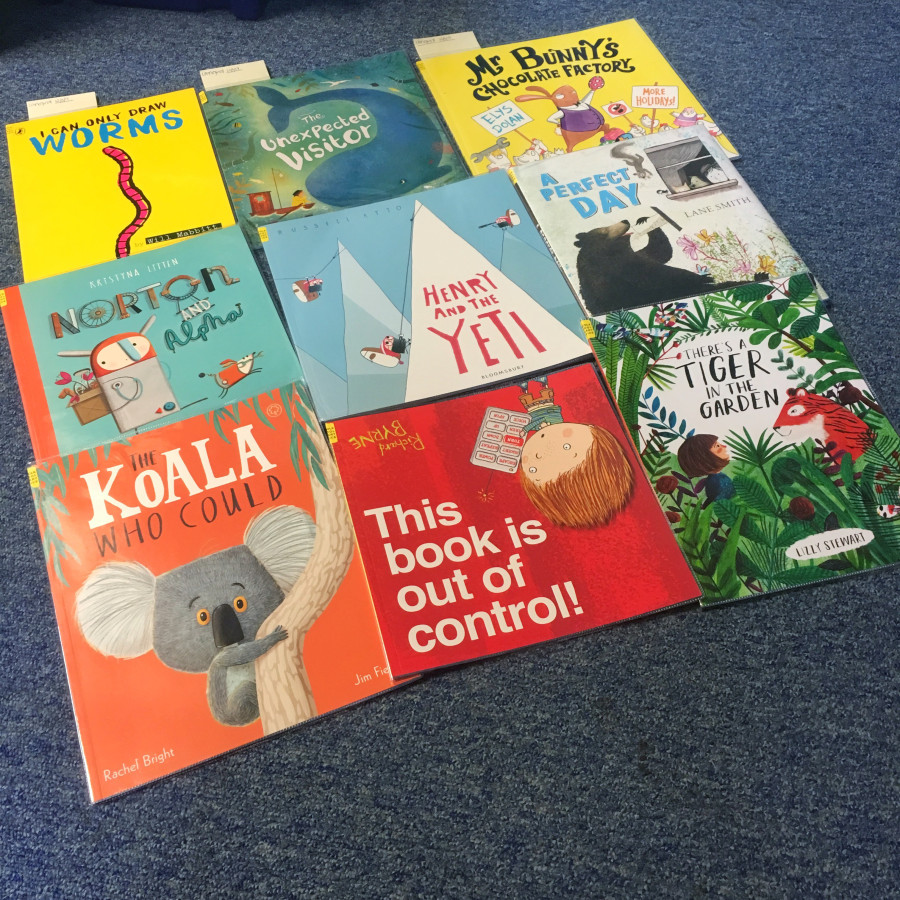 I’ve always been fascinated by abstraction in writing. Obviously one of the masters of such thing would be Joyce, Finnegans Wake is the ultimate abstraction. However, letting your imagination, creativity and shitposting skills unfurl has many dimensions. 300.000.000 by Blake Butler is a story of Gravey, a serial killer and more or less involuntary cult leader and Flood, a police officer investigating his case. From the fragments of Scorch Atlas which I’ve read earlier, I knew already that this reading would be a rather extreme experience. Creepy, sick and highly addictive at the same time:
I’ve always been fascinated by abstraction in writing. Obviously one of the masters of such thing would be Joyce, Finnegans Wake is the ultimate abstraction. However, letting your imagination, creativity and shitposting skills unfurl has many dimensions. 300.000.000 by Blake Butler is a story of Gravey, a serial killer and more or less involuntary cult leader and Flood, a police officer investigating his case. From the fragments of Scorch Atlas which I’ve read earlier, I knew already that this reading would be a rather extreme experience. Creepy, sick and highly addictive at the same time:
It was hard in the first hours under Darrel to figure out how to make the voice come out of my lungs the way the blood in those lungs meant to barf the syllables rejected from the vocabularies of common man. Gravey had not spoken so well in so long and I newly here inside him burned like burning books searching for the locks to keyless ways. I had to breathe way hard deep inside me like I was to be going under water; then I would close my eyes and listen hard, and through the phone over the rolling of the water I could hear the things we meant to verbalize in bone.
And that’s pretty much how the narrative works. It’s written in the form of notes or commentary; written by Gravey, Flood, other policemen or people involved in the crimes. It gets distorted a little bit in the later parts of the plot but I’m not going to delve too much into that.
Why do I find this book important? Writing in a maniacal, mystical and abstract way is not easy; pretentiousness is not very far away, IMHO Butler’s novel manages to avoid that thin border. We have fragments about sucking one’s eyeballs out, the spirit/ego/whatever-you-want-to-call-that leaving the body, police officer’s distressed reflections and many more. All of that seem to be interspersed in such a way that a certain atmospheric harmony is preserved.
Beside stylistics, the novel evokes a beautiful (if your sense of beauty is as fucked up as mine) image of apocalypse in America. The title refers to the rough number of people who live in the country and who are to be doomed. The closer the plot gets to the apocalypse, the more surreal/abstract it becomes. It also gets harder to get through the narration, that’s why ultimately I think it’s not a book for less experienced readers. The apocalypse is not the end though; I’m still struggling a little bit with interpreting the subsequent part. Nevertheless, it’s a book which left me in a weird, but kinda purgatory state. At the end of an interview from 2014 Butler was asked what is he working on now, to which he replied “I am trying to be calm.” So do I.
Advertisements Share this:




